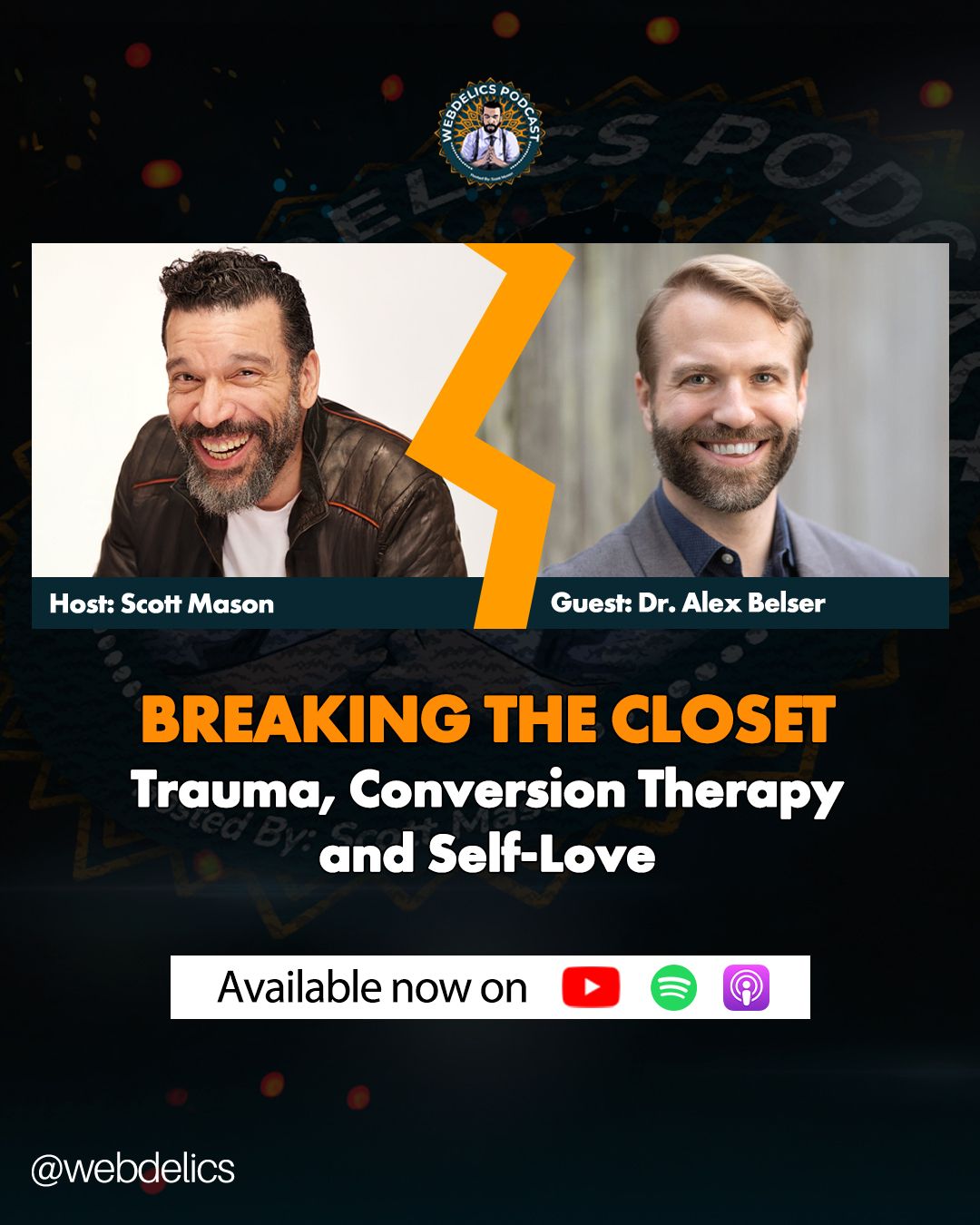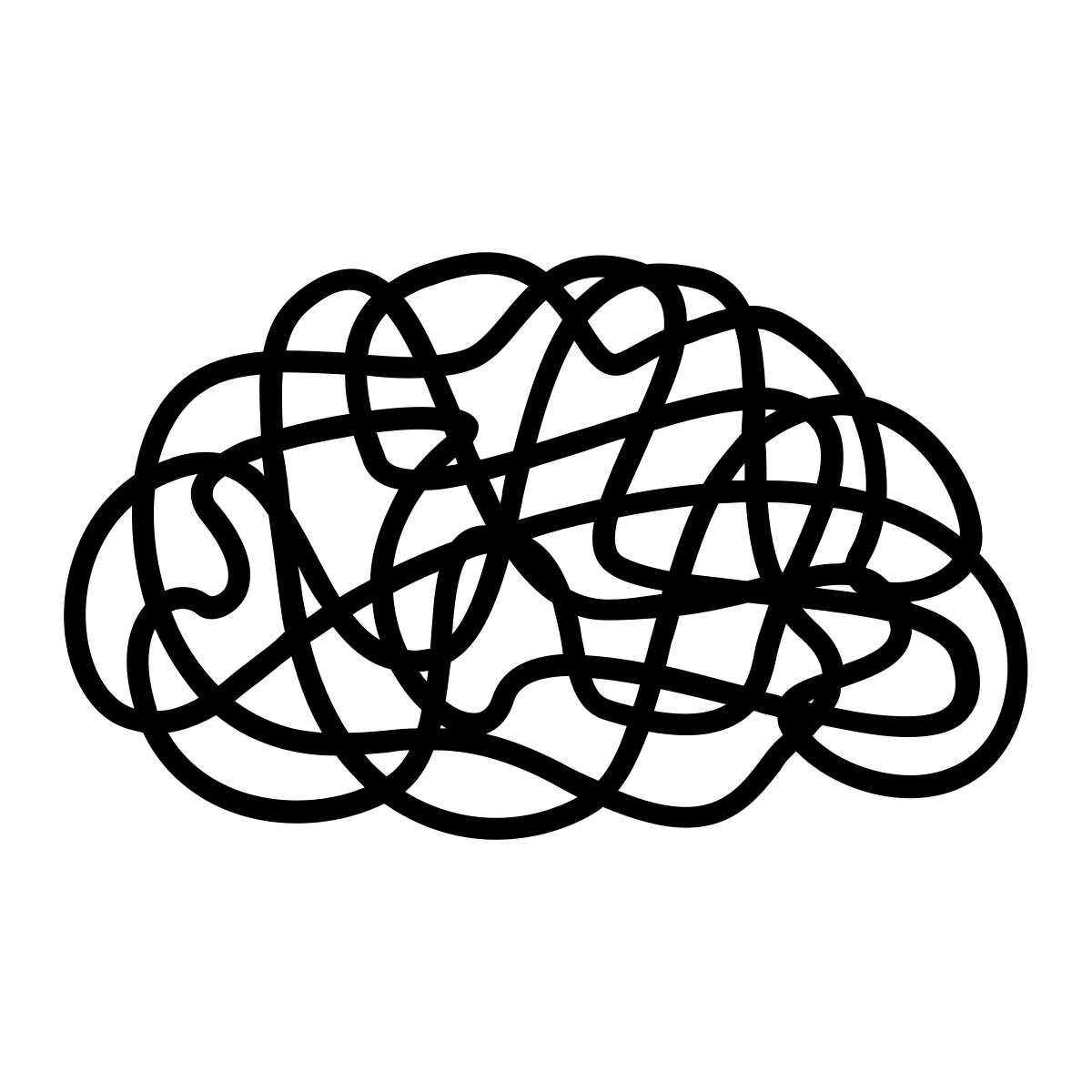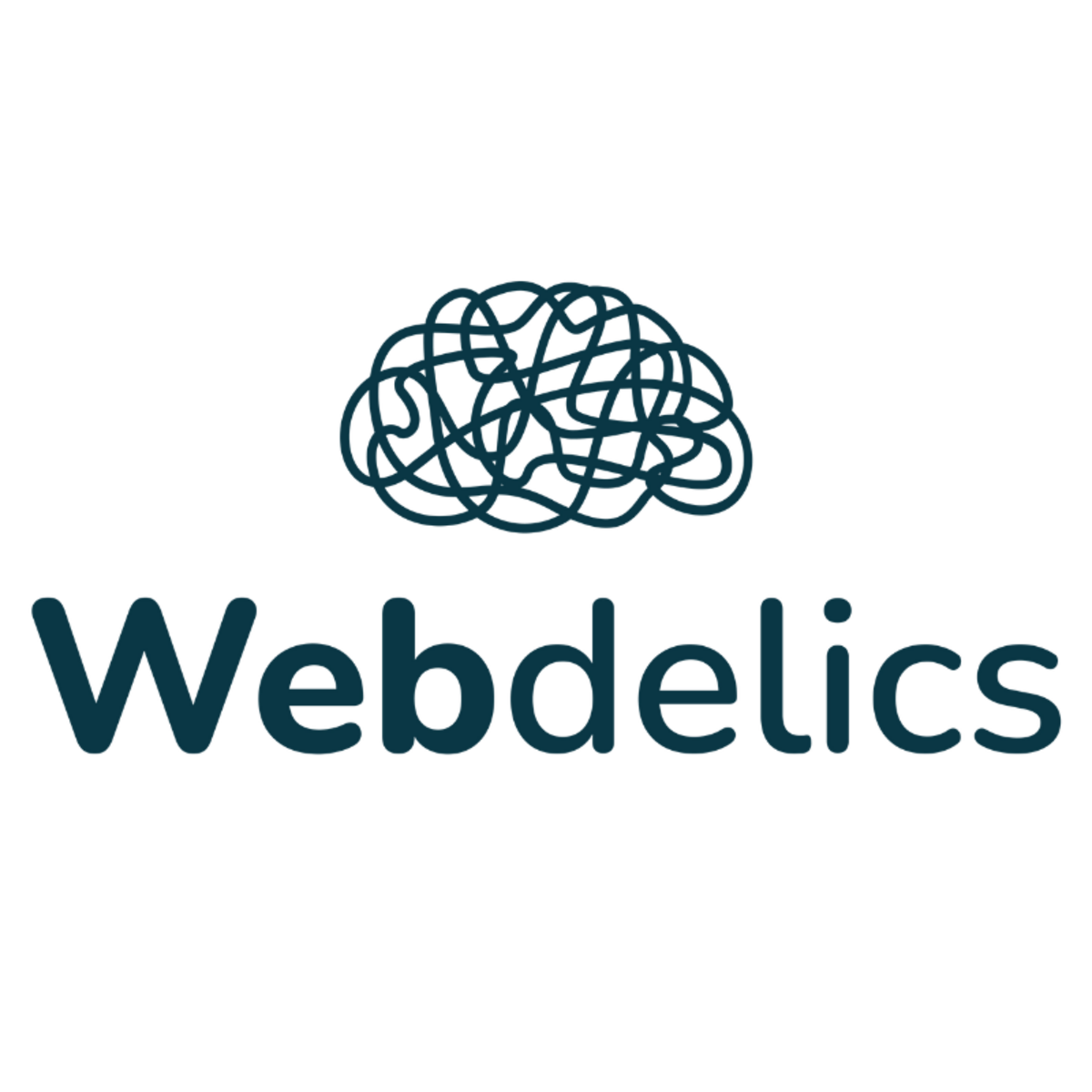
Explore the World of Plant Medicine and Psychedelics. A Weekly Digest of Exclusive Stories, Insights, and Research.

Welcome to this week’s edition of The Guide ⚡
Today’s newsletter takes about 5 minutes to read—so if you’ve only got 60 seconds, here’s what you need to know:
New Ketamine research. In a double-blind, placebo controlled clinical trial, IV Ketamine showed similar outcomes as Midazolam, a short-acting benzodiazepine, for depression scores.
Ketamine vs. Ketamine-assisted therapy. Past research still shows fast, short-term relief from Ketamine for some people, but the biggest gains tend to come from Ketamine + adequate preparation, set/setting, and integration.
What to do next. If you’re considering ketamine, it’s best to focus on affirming providers, the right dosing/pacing, and structured integration and psychotherapy, not just the medicine.
The Webdelics Podcast. Scott Mason talks with Dr. Alex Belser about psychedelics, LGBTQ care, and why clinician values shape outcomes.
🤝 This week, we’re also running reader polls on real-world ketamine experiences and plan to share the results next week, so don’t forget to submit your input!
Thanks for joining us!
🧠 The Webdelics Team
👋 New here? We do this every week… Join Us!

🎧 The Webdelics Podcast

🎙️ Psychedelics, Conversion Therapy & LGBTQ Care — with Dr. Alex Belser
Host Scott Mason talks with psychologist and researcher Alex Belser about the complicated history between psychedelics and the LGBTQ community, from the harms of psychedelic-assisted conversion therapy to today’s affirming care models (including Ketamine-Assisted Psychotherapy).
🫶 They unpack why set, setting, and clinician values matter and how compassion-led practice can support safety, healing, and self-acceptance.

Have you tried Ketamine therapy to treat a mental health condition?

📜 The “Must Read” For The Week
When Dissociation Isn’t Enough - Rethinking Ketamine for Depression
A recently published double-blind placebo-controlled clinical trial compared IV Ketamine to Midazolam, a short-acting benzodiazepine primarily used for anesthesia, procedural sedation, reduction of anxiety, and treatment of acute seizures.
Interestingly, after several infusions, Ketamine’s outcomes were no different than the comparison drug (Midazolam) for depression scores…
So does this mean Ketamine doesn’t work? Not necessarily…
Here’s what the study shows about Ketamine:
Fast relief can still happen. Past systematic reviews and meta-analyses shows a single, low-dose IV ketamine infusion can ease depression symptoms within hours for some people, though the effect often fades in days. The evidence is there for Ketamine’s use, especially for immediate support in depression symptoms.
The control drug matters in trials. Using another psychoactive drug (not saltwater or saline) makes it harder for people to guess what they got. This can shrink the “placebo effect” and narrow differences, helping to guide future drug development and truly understand the impact that the placebo effect has on outcomes.
Context matters. Many positive results come from outpatient care or when ketamine is paired with therapy, careful preparation, music, and post-session integration. A hospital add-on without that support may help less, highlighting the importance of psychotherapy and patient expectations.
Symptoms vs. deeper change. Lower scores are good, but long-term gains often come when ketamine sessions are held in a safe, supportive setting that helps the brain “re-learn” healthier patterns.
Why this isn’t a blanket “Ketamine doesn’t work”:
There is a pharmacologic signal. Single, sub-anesthetic ketamine has shown rapid, short-lived improvements in TRD in prior work and reviews (e.g., summarized by Yale Medicine and discussed in popular coverage like Time).
Controls matter. Using a psychoactive control (Midazolam) helps prevent unblinding. There’s potential that earlier saline-based placebo-controlled trials may have inflated effect sizes via expectancy, so future studies can investigate these effects.
Context matters. Outpatient TRD care and psychotherapy-supported “psychedelic-style” models (set, setting, therapist, integration) often show larger, more durable benefits than ketamine given as a stand-alone add-on to usual inpatient care.
Different goals. Beyond symptom scores, many trauma-informed/psychedelic-aware approaches aim for nervous-system re-organization (containment of dissociation, relational repair, memory reconsolidation, flexibility). We need to have more context and awareness about this when we interpret these studies.
Why this matters for trauma-informed, psychedelic-aware care:
Set expectations. Ketamine isn’t a guaranteed stand-alone cure, as we’ve previously shown. The dissociative experience without relational containment or assisted psychotherapy may yield minimal or short-lived benefits.
The container is part of the medicine. Preparation, music, therapist/sitter presence, and integration can turn a pharmacologic “open state” into lasting changes. It’s rarely just the medicine that does the trick.
Placebo ≠ “fake.” Midazolam’s comparable outcomes highlight the roles of care, sedation, and altered states in healing alongside pharmacology. It also shows how important expectations are in outcomes!
Dose and pace with care. In dissociative/complex-trauma presentations, titration and integration help avoid destabilization. Ketamine can be a very powerful intervention, but it should be approached with intention and proper guidance.
🚪 Ketamine therapy may be able to open the door, but true healing often happens via the integration of best practices and therapies…
🏥 For clinics and clinicians, it’s important to prioritize set/setting, somatic tracking, parts work, dosing pace, and structured integration, not just Ketamine infusions alone.
♥ For patients and caretakers, it’s important for you to understand that there is no magic pill, psychedelic, therapy, or modality in isolation. It’s the unique combination of evidence-based modalities and therapies that often provides the long-term outcomes you’re looking for…
👉 Subscribe to The Guide for evidence-based takes on psychedelics, research, and integration tools—delivered weekly to your inbox.

💬 Our Why…
👉 Information only matters if it leads to wiser choices.
Ketamine and psychedelics can open a door, but what you do around it (prep, support, and integration) often shapes the outcome.
If today’s feature helped you see the bigger picture, take one small step:
Learn more: Read the full ketamine write-up
Go deeper in your research: Get your FREE Beginners Guide to Psilocybin
At Webdelics, our promise is to always provide you with clear, evidence-based guidance so you can make safer, more informed decisions about psychedelics and plant medicines
📩 If this helped, forward it to one friend who’d appreciate it.
💬 Have questions, corrections, or a topic you want us to unpack? Hit reply—we’re listening!
Stay curious. Stay kind. Keep learning.
🧠 The Guide - by Webdelics
Disclaimer: Webdelics does not support or promote any illegal activities, including the use of substances that may be mentioned in this newsletter. We encourage all readers to familiarize themselves with and adhere to the laws in their region. Please note that Webdelics does not offer mental health, medical, or clinical services and should not be used as a replacement for professional medical, psychological, or psychiatric care, diagnosis, or treatment.



